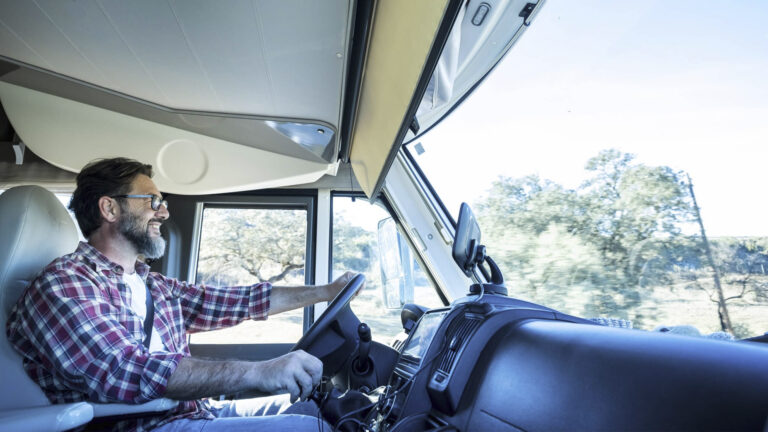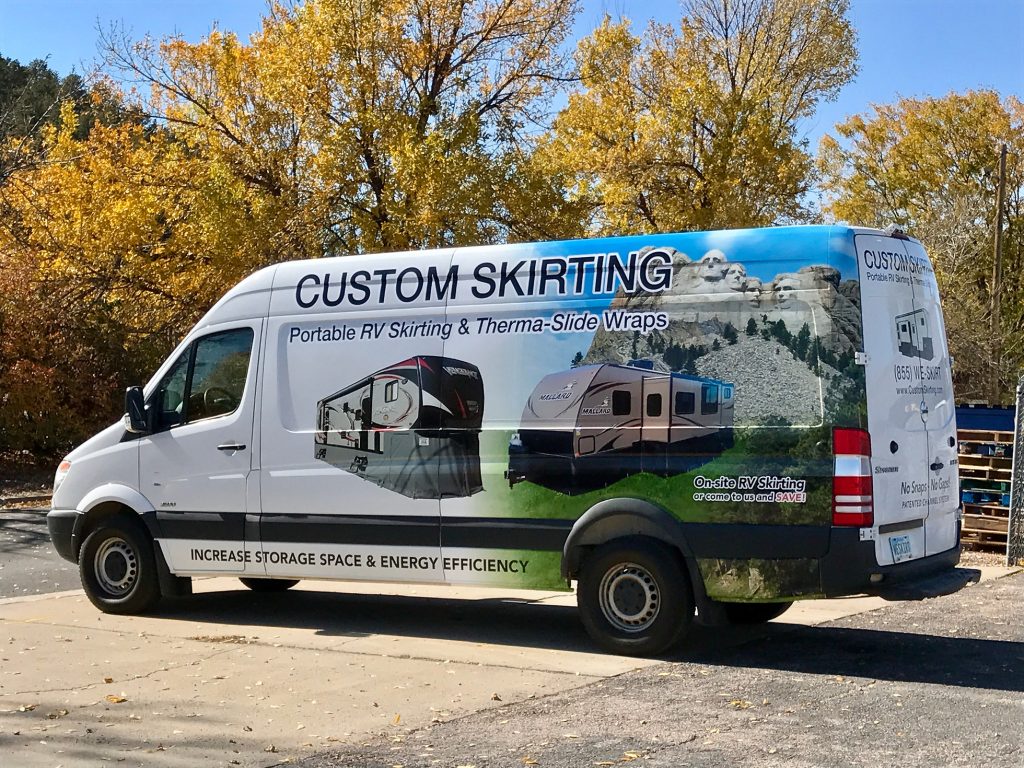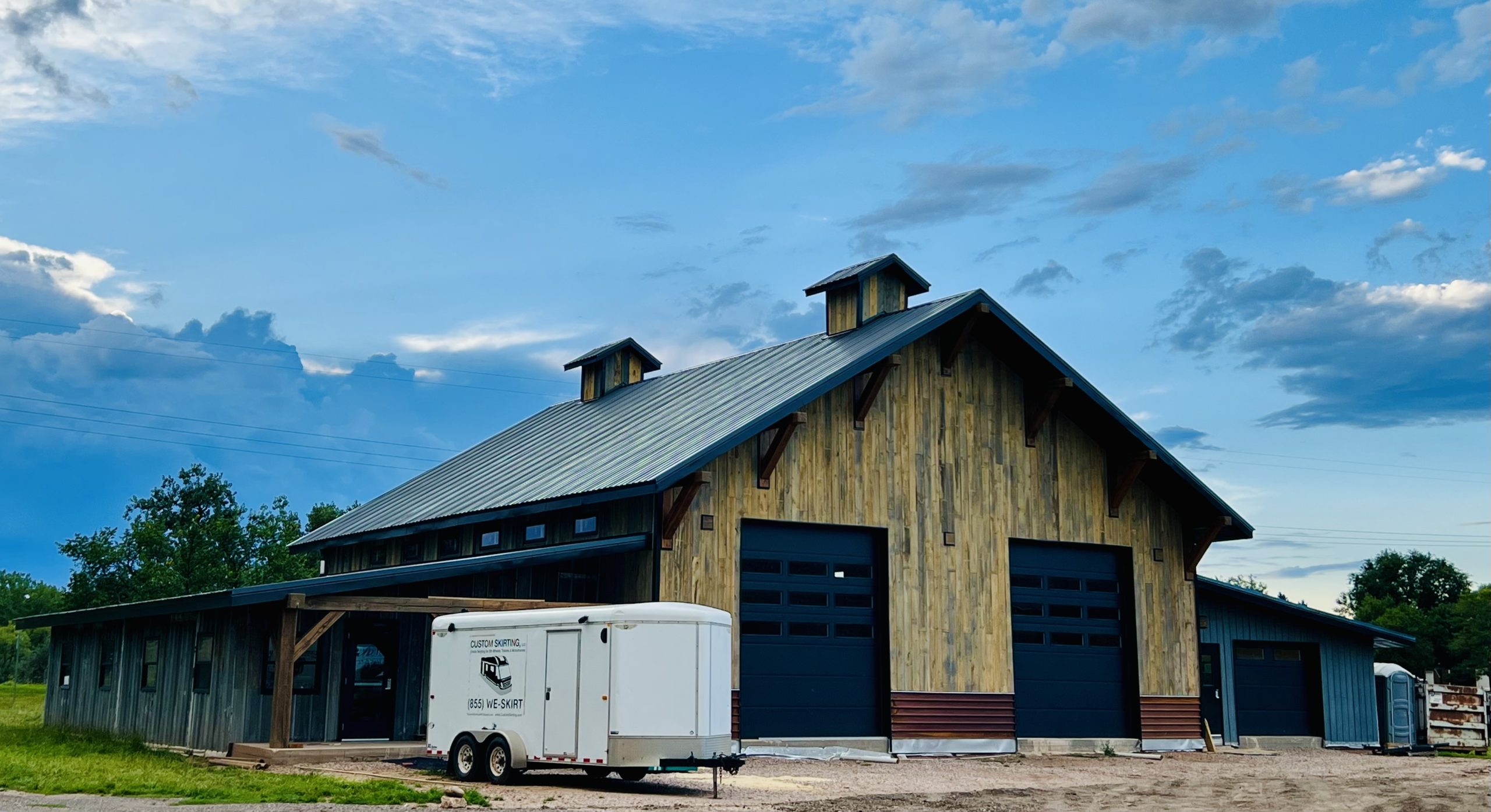Table of contents
- Understanding RV Classifications and License Requirements
- General RV Licensing Rules Across the United States
- States with Additional RV Licensing Requirements
- Special Licenses for RVs: CDL and Class B
- Driving an RV with a Regular License
- International RV Travel Considerations
- Tips for Staying Compliant with RV Licensing Laws
- Ready for Your Next RV Adventure? Stay at Black Hawk Creek RV Park!
- Related Articles
If you’re dreaming of exploring the open road in an RV, it’s essential to understand the legal requirements for operating such a large vehicle. One of the most common questions people ask is, “Do I need a special license to drive an RV?” This is a crucial question, as licensing laws can vary depending on the state you’re in and the type of RV you plan to drive. The good news is that for most people, driving an RV doesn’t require a special license. However, it’s important to understand the exceptions, which may depend on the size, weight, and type of RV, as well as where you’re traveling. This guide will walk you through everything you need to know about RV licensing, including answers to common questions like “Do you have to have a CDL to drive an RV?” and “Do you need a CDL to drive an RV?”
Let’s dive into the details so you can ensure you’re on the right side of the law and can enjoy your RV adventures with peace of mind.
Understanding RV Classifications and License Requirements
Before we get into the specifics of licensing, it’s helpful to understand the different types of RVs. RVs come in a variety of shapes and sizes, and this will affect whether you need a special license to drive one.
RV Classifications:
- Class A: These are the largest motorhomes, typically ranging from 26 to 45 feet long. Class A motorhomes can weigh anywhere from 13,000 to 30,000 pounds or more.
- Class B: Often referred to as camper vans, these are the smallest type of motorhomes, with a more compact design similar to a large van.
- Class C: Falling between Class A and B in terms of size, Class C RVs are typically built on a truck or van chassis and have an over-cab sleeping area.
- Fifth Wheels: These are large trailers that require a pickup truck with a special hitch in the truck bed to tow. They range from 22 to 40 feet long and can weigh between 12,000 and 18,000 pounds.
- Travel Trailers: Towable RVs that vary in size from small trailers to large, heavy models similar to fifth wheels.
The size and weight of your RV are critical factors in determining whether you need a special license to drive it. For most states, smaller RVs (like Class B motorhomes and some Class C models) do not require any special licensing. However, larger RVs like Class A motorhomes or fifth wheels may require additional licensing based on their weight.
General RV Licensing Rules Across the United States
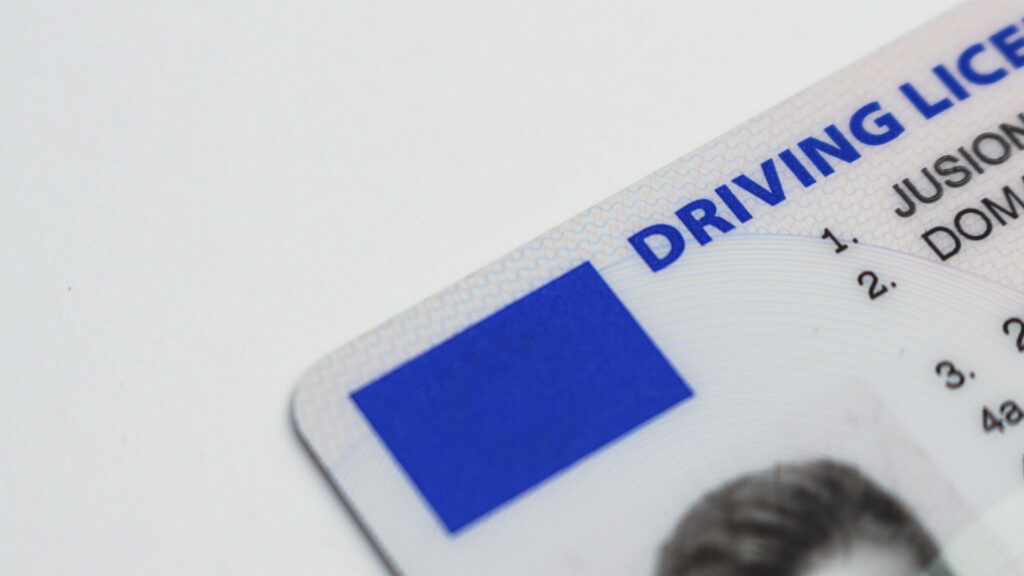
Now that you know the different types of RVs, you’re probably wondering, “Do I need a special license to drive an RV?” In most cases, you don’t need a special license, especially if your RV is under 26,000 pounds. Most states in the U.S. allow you to drive standard RVs with a regular driver’s license.
The 26,000-Pound Rule:
The general rule across the United States is that as long as your RV’s Gross Vehicle Weight Rating (GVWR) is under 26,000 pounds, you can legally drive it with a regular driver’s license. This applies to the majority of Class B and Class C motorhomes, as well as most travel trailers.
However, if your RV exceeds 26,000 pounds (which can be the case for some Class A motorhomes), you may need a special license, depending on the state. The key takeaway here is that it’s not just the type of RV that matters, but its weight.
States with Additional RV Licensing Requirements
While most states follow the 26,000-pound rule, there are exceptions. Some states have stricter regulations that may require you to obtain a Commercial Driver’s License (CDL) or a special endorsement.
States with Stricter Requirements:
- California: In California, if your RV weighs over 26,000 pounds or is longer than 40 feet, you need a special non-commercial Class B license.
- Texas: Texas requires a special non-commercial Class A or Class B license for RVs over 26,000 pounds.
- New York: In New York, you’ll need a CDL if your RV weighs over 26,000 pounds or if you plan to tow a trailer that weighs more than 10,000 pounds.
It’s essential to check with the Department of Motor Vehicles (DMV) in your state to determine the exact requirements, especially if you own a large RV. If you plan on driving across state lines, make sure you understand the regulations for each state you’ll be visiting to avoid any legal issues.
Special Licenses for RVs: CDL and Class B
A frequent question from new RV owners is, “Do I need a CDL to drive an RV?” The answer is generally no—unless your RV exceeds certain weight limits or carries a large number of passengers. Let’s take a closer look at what a CDL and Class B license entail.
What Is a CDL?
A Commercial Driver’s License (CDL) is typically required for operating commercial vehicles, like trucks or buses. However, in some states, if your RV is exceptionally large or heavy, you may need a CDL to operate it legally.
What Is a Class B License?
A Class B license allows you to operate vehicles with a GVWR greater than 26,000 pounds but doesn’t require the additional qualifications that come with a CDL. Some states issue a non-commercial Class B license for drivers operating large RVs.
If your RV falls into the category that requires a Class B or CDL, you’ll need to go through a testing process, which typically includes a written exam and a driving skills test.
Driving an RV with a Regular License
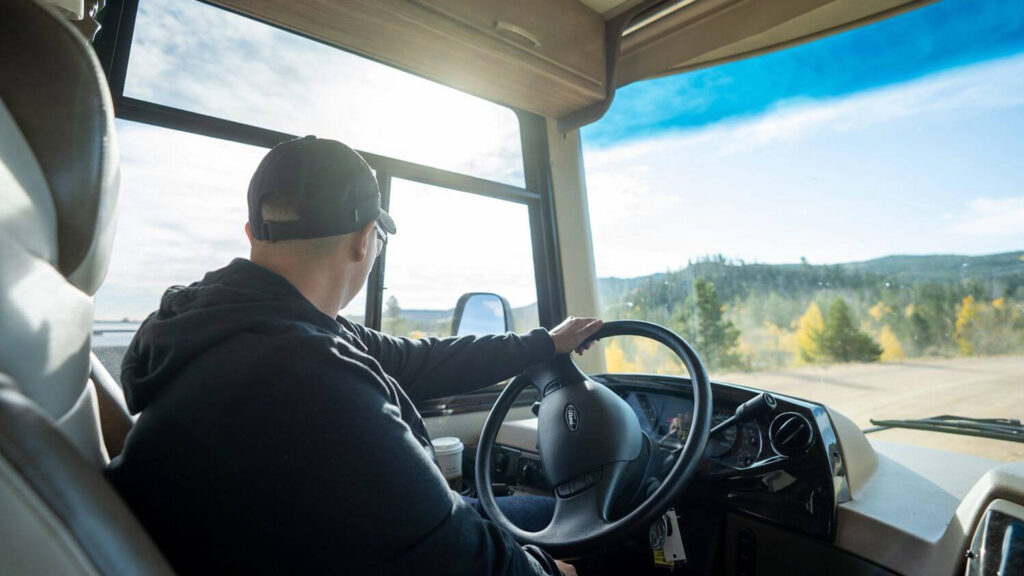
For the vast majority of RV owners, a regular driver’s license will suffice. If your RV weighs under 26,000 pounds and doesn’t exceed any length restrictions in your state, you can hit the road without the need for special testing or endorsements.
Largest RVs You Can Drive with a Regular License
In most states, you can drive a Class C motorhome or a fifth wheel with a standard license. Some large Class A motorhomes also fall under the weight limit, but always check the specific laws in your state or the state you plan to travel to.
International RV Travel Considerations
Planning to take your RV across the border to Canada or Mexico? You’ll want to be aware of the additional requirements that may apply when driving internationally.
Canada:
Canada generally follows similar licensing rules to the U.S., but it’s always wise to check the provincial regulations where you plan to travel. Some provinces may require additional endorsements if your RV exceeds certain weight limits.
Mexico:
If you’re heading south to Mexico, you’ll likely need special insurance for your RV, and it’s essential to ensure your U.S. driver’s license is valid there. In most cases, no additional licensing is required, but it’s good practice to check local laws before traveling.
Tips for Staying Compliant with RV Licensing Laws
The last thing you want is to get fined or face legal trouble while enjoying your RV vacation. To ensure you’re always in compliance with RV licensing laws, follow these tips:
- Regularly Check State Regulations: Laws can change, so make it a habit to check your state’s DMV website and the rules for any states you plan to visit.
- Know Your RV’s Weight: Always be aware of your RV’s GVWR to determine whether you need a special license.
- Get Professional Advice: If you’re unsure about the licensing requirements for your RV, consult with professionals at your DMV or a local RV dealer.
By staying informed and following the rules, you’ll be able to enjoy your RV adventures safely and legally.
Ready for Your Next RV Adventure? Stay at Black Hawk Creek RV Park!
Planning your RV road trip and wondering if you need a special license to drive an RV? Whether you’re a seasoned traveler or just starting your RV journey, there’s no better place to relax after a day of adventure than Black Hawk Creek RV Park. Nestled near South Dakota’s top attractions, it’s the perfect base for exploring and unwinding in nature. Don’t miss out—book your stay now and experience a truly extraordinary getaway! Let your RV adventure begin at Black Hawk Creek.



